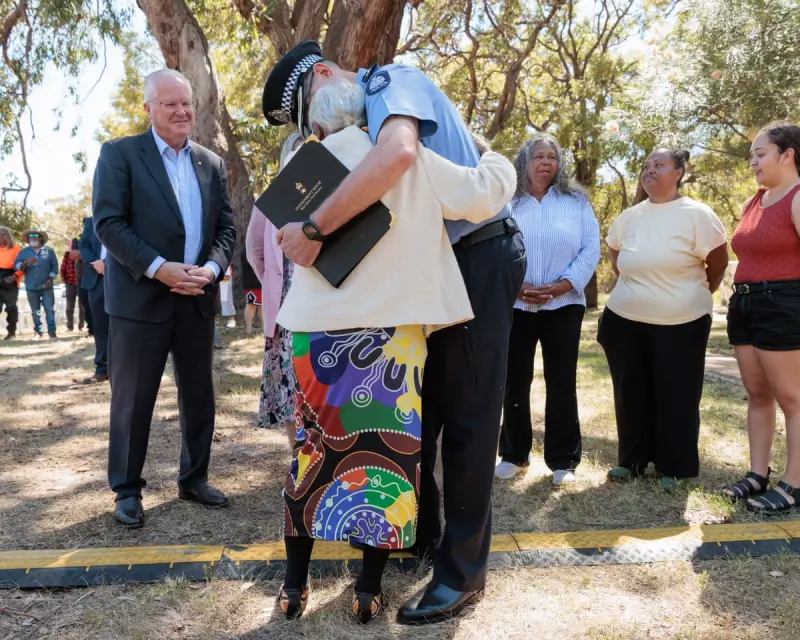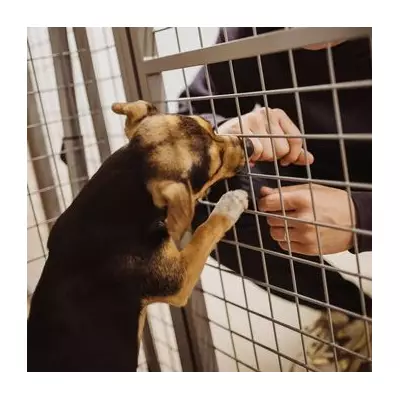
In a profoundly moving ceremony that marked a significant step toward reconciliation, Western Australia's Governor Chris Dawson has delivered a formal, unreserved apology to the Noongar people for the 1834 Pinjarra Massacre—one of the most devastating episodes of colonial violence in Australia's history.
A Long-Awaited Moment of Truth
Speaking with visible emotion at Government House in Perth, Governor Dawson confronted the brutal reality of the massacre, where British colonial forces led by Governor James Stirling attacked a Noongar camp, resulting in the deaths of an estimated 30 to 80 Aboriginal men, women, and children.
"Today, we speak the truth that has been silenced for too long," Dawson declared to community members and descendants of victims. "The Pinjarra Massacre was a terrible and unjustifiable tragedy. The violence inflicted upon the Bindjareb Noongar people was wrong, and for this, I offer my deepest, most sincere apology."
Confronting Colonial Legacy
The apology represents a crucial acknowledgment of historical wounds that have festered for nearly two centuries. Historical accounts describe the October 28, 1834 attack as a punitive expedition that escalated into a brutal massacre along the banks of the Murray River.
"This was not conflict between equals," Dawson emphasized. "It was a disproportionate use of force by colonial authorities against Aboriginal people defending their country and their way of life."
Healing Through Acknowledgment
The ceremony included traditional Noongar welcomes and cultural performances, creating a powerful atmosphere of shared mourning and potential healing. Community leaders described the apology as "transformative" for generations affected by the trauma.
The apology specifically acknowledged:
- The devastating loss of Noongar lives
- The profound intergenerational trauma that followed
- The ongoing impact on Noongar culture and connection to country
- The failure of historical accounts to properly recognize the tragedy
A Step Toward National Reconciliation
This formal apology follows years of advocacy by Noongar elders and community groups seeking proper acknowledgment of the massacre. It represents one of the most significant gestures of reconciliation by a sitting governor in Western Australia's history.
As Australia continues to grapple with its colonial past, this apology sets a powerful precedent for truth-telling and healing. While words cannot undo historical wrongs, they can begin to mend the fractures that have divided communities for generations.
The ceremony concluded with a commitment to continued dialogue and partnership between the state government and Noongar communities, ensuring that this apology becomes the foundation for meaningful change rather than merely a symbolic gesture.





